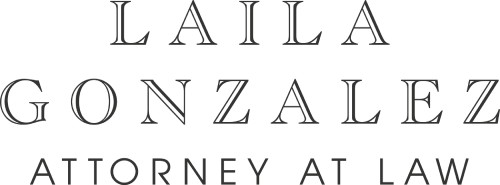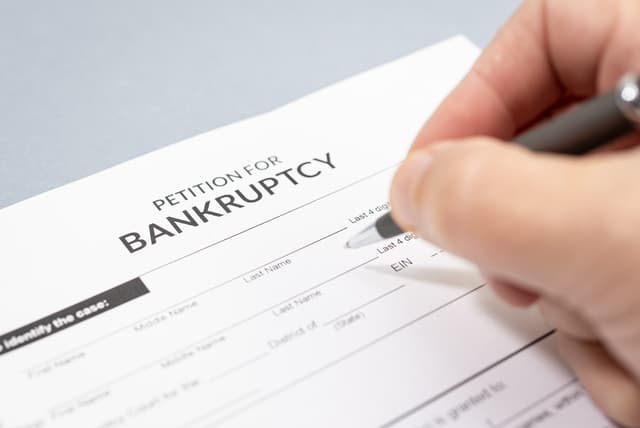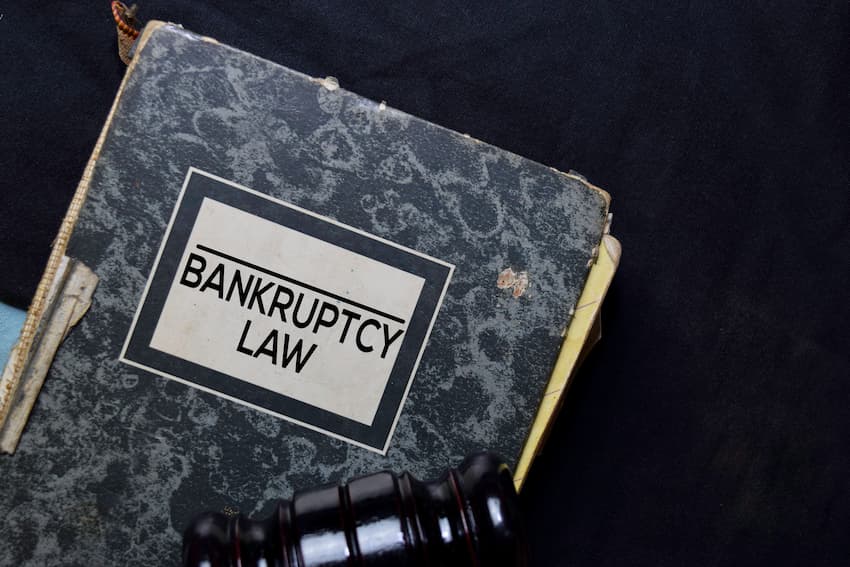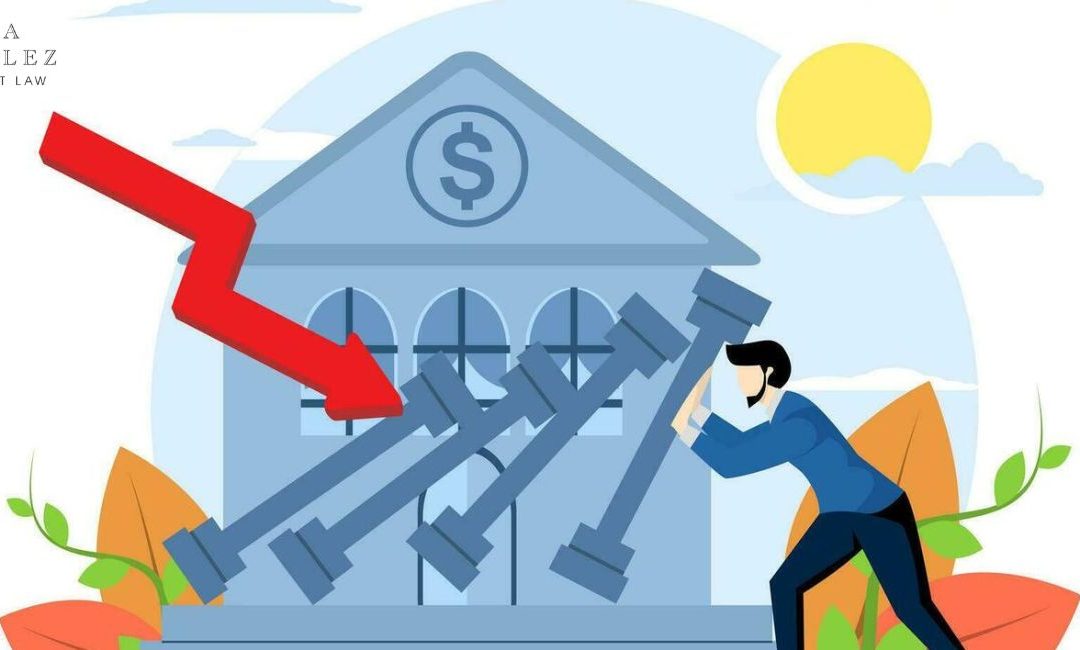Aoid Bankruptcy by Managing Debt and Improving Financial Stability
Thousands upon thousands of people go bankrupt every year. The sad thing about this is that most bankruptcies are avoidable. All it comes down to is careful planning and diligence. Additionally, you have to reduce your outgoings and increase your savings rate to establish a solid financial foundation. This is, of course, easier said than done. You may begin establishing your financial footing by establishing a household budget that covers essentials like housing and food, setting limits on non-essentials like entertainment, and saving up for an emergency. That being said, budgeting is sometimes not enough to prevent bankruptcy. This is why today we are here to talk about how to avoid bankruptcy by managing debt and improving financial stability.
1. Understanding Your Debt
Paying off debt is a critical step in avoiding bankruptcy. But before you can devise a strategy to repay your debt, it is essential to learn about the many forms of debt. Debt may be classified as either secured or unsecured. The difference between secured and unsecured debt lies in the collateral used to secure the loan. Credit card bills, medical expenses, and personal loans are all forms of unsecured debt. Certain debts, like a mortgage or a school loan, might be helpful in the long run, but other kinds of debt can be detrimental to your financial well-being. For instance, high-interest credit card debt may be quite stressful, especially since it can rapidly grow and get out of hand. That being said, in order to manage debt and improve financial stability, you should regularly do a debt analysis.

Let’s say you just moved into your new office in Miami with the help from local moving experts. A debt analysis when office moving and hiring commercial movers would include making a list of all the expenses that came with the move. This list should include the interest rate and minimum monthly payment for each. Once you have the data, you should prioritize your bills according to the interest rate. You should make payments toward the loan with the highest interest rate a top priority. You may make your financial situation more bearable by consolidating your debt into a single loan with a reduced interest rate. Building a strategy to reduce your debt load might seem like an insurmountable obstacle, but doing so is crucial to your long-term financial health.
2. Setting Financial Goals
Developing habits for handling your income (spending, saving, and investing) is the key to establishing and maintaining financial security. But before you get too detailed, it’s important to take a step back and assess your entire financial situation. Once you have done that, you can establish some long-term financial goals. For instance, you need to figure out what your current monetary circumstances are. Think about where you see it a week from now, as well as five years from now. Write out your current financial situation and your long-term goals in terms of money. Plan out some concrete, attainable objectives next. You can turn the statement “I want to purchase a house someday” into “I will establish a financial target for a down payment and attain it in five years by dialing down discretionary spending.” You’ll be surprised how much this can help with managing debt and improving financial stability.
3. Develop a Rainy-Day Fund
A rainy-day fund, according to Pro Movers Miami specialists, is one of the finest methods to keep afloat in difficult financial situations, whether for a company or an individual. In fact, we cannot overstate the psychological advantages of having a healthy emergency savings account. Even if you’re lucky enough never to have to spend your savings, it’s a great thing to have something to fall back on in case of a financial emergency. Although experts recommend that you have enough money saved to cover at least three to six months of living/business costs, it’s OK to set a lower target amount that works for you.

4. Improving Your Credit Score
Having good credit is essential for maintaining financial stability and leading a successful life. Your credit score, which is a three-digit number between 300 and 850, isn’t just a number – it reflects your ability to manage debt responsibly. Lenders use this information to decide whether they should extend your new credit. Your payment history, level of available credit/debt utilization ratio, the age of your accounts, and (if applicable) your recent inquiries into new credit all impact your overall score. Improving your credit score involves taking steps to pay off any existing debt, always making payments in full and on time, regularly checking for errors on your report, and limiting applications for new credit. Maintaining these positive practices over a long period of time can be beneficial when it comes to increasing your score.
5. Seeking Professional Help
There are countless advantages to seeking professional help when it comes to managing debt or improving financial stability. From registered financial advisors who provide guidance regarding investments and budgeting to services that can help reduce or consolidate debt, navigation of the financial world can be made significantly easier with the right help. When deciding which advisor or service best fits your needs, be sure to research your options. Look for an individual or business that is qualified and trustworthy. Take into account their expertise, experience level, reputation in the community, credentials, fees, and any other factors you deem relevant. With a little research and effort, the right financial advisor or service could be instrumental in helping you meet your objectives for a more secure future.

Conclusion
As you can see, if you want to avoid bankruptcy by managing debt and improving financial stability, there are a few key steps you can take to get started. You can take control of your finances and set yourself up for a more stable financial future by understanding your debt, improving your credit score, budgeting and saving, and seeking professional help when necessary. Successfully doing all of this will give you peace of mind and more spending power.
The Law Firm of Freire & Gonzalez, P.A., is ready to guide you through bankruptcy and help you regain control of your finances and your life. If you have any questions, please contact us at 305-826-1774 and our locations:
Bankruptcy Lawyers Fort Myers, FL











